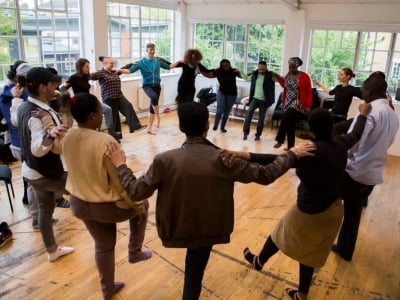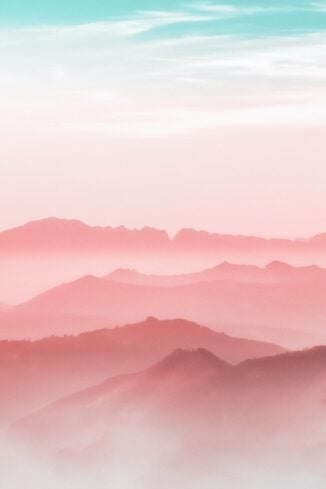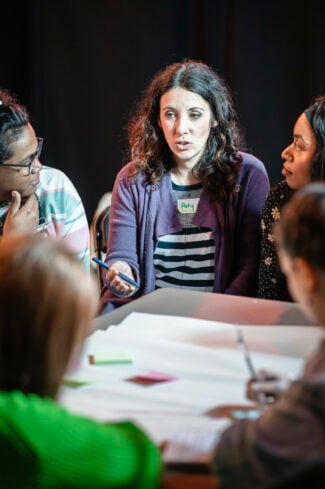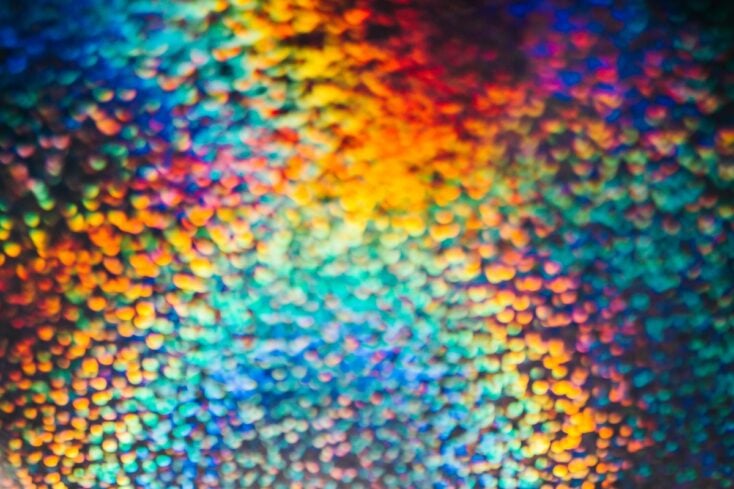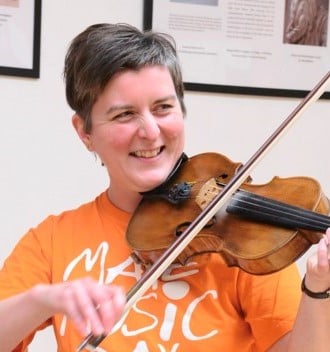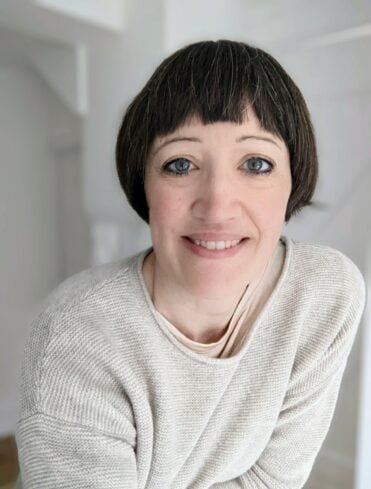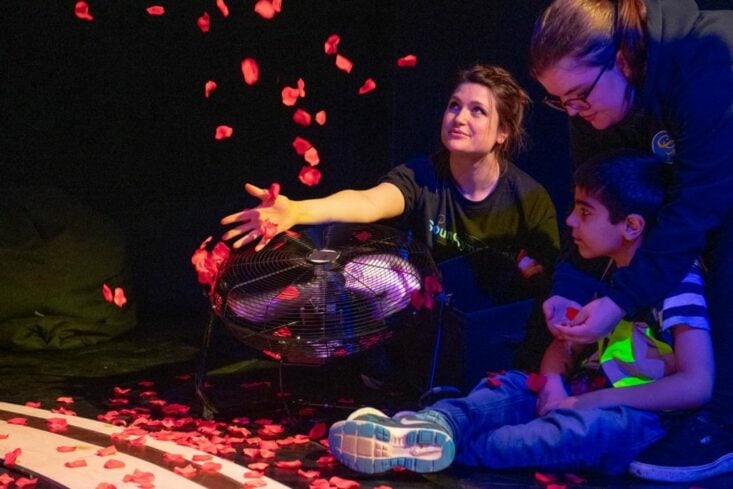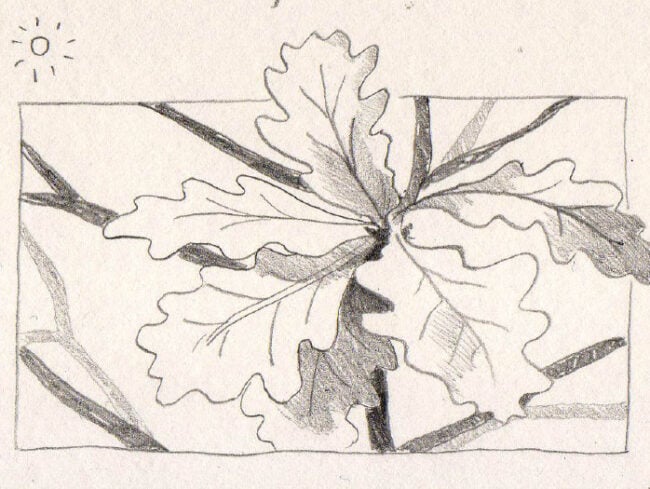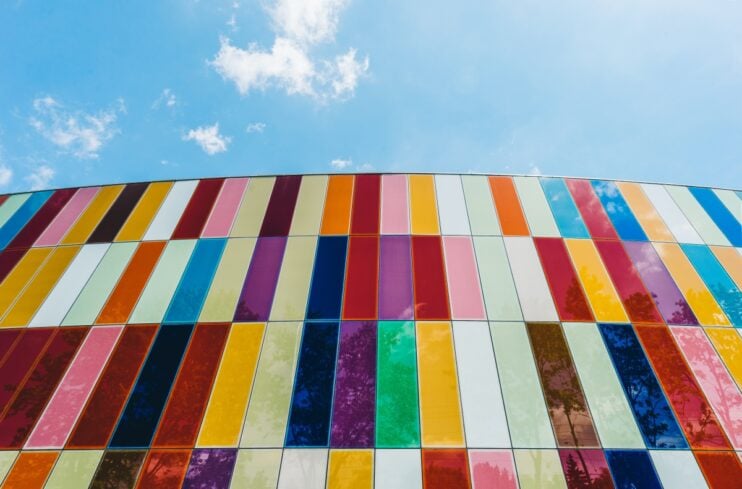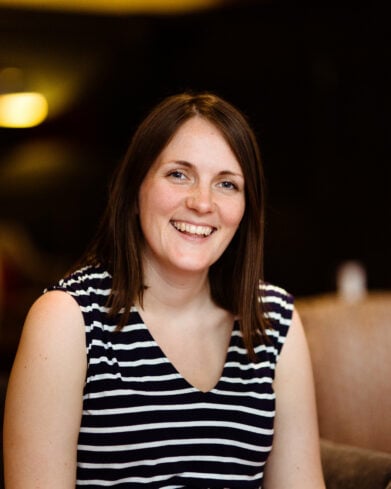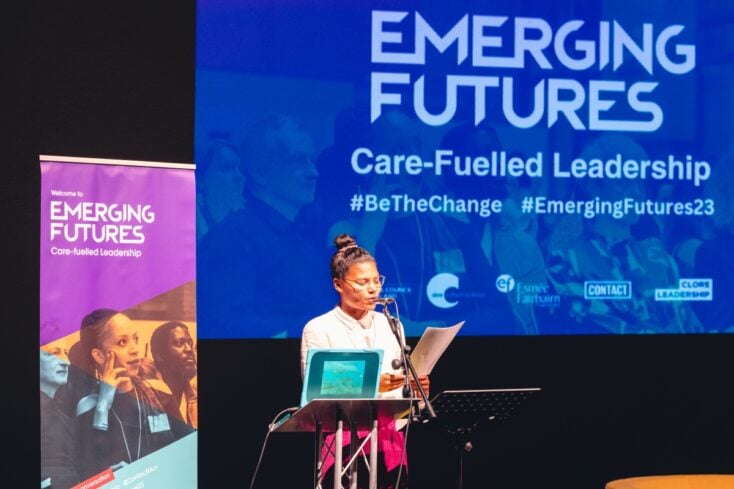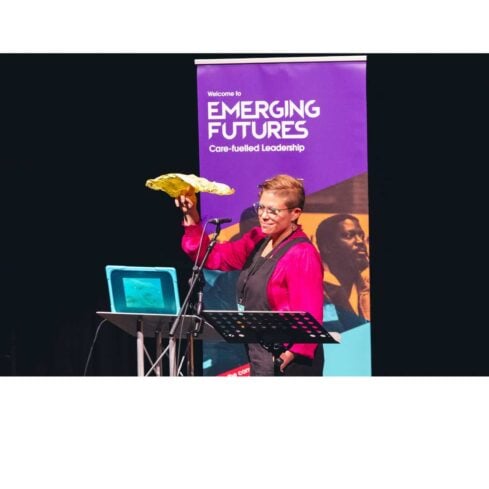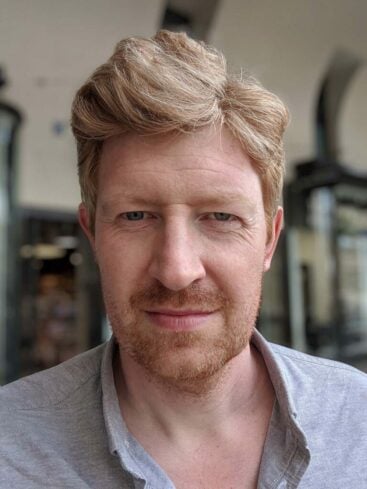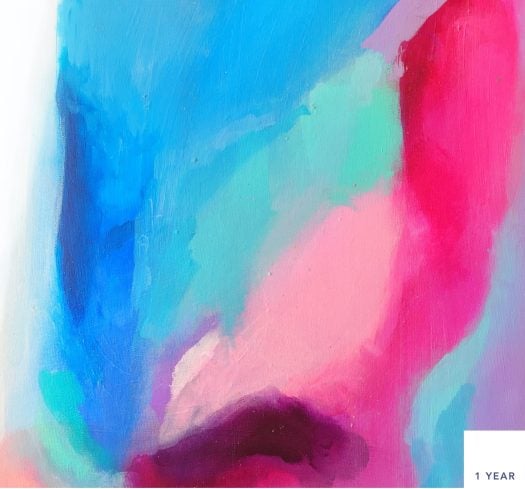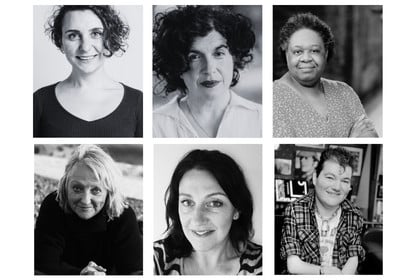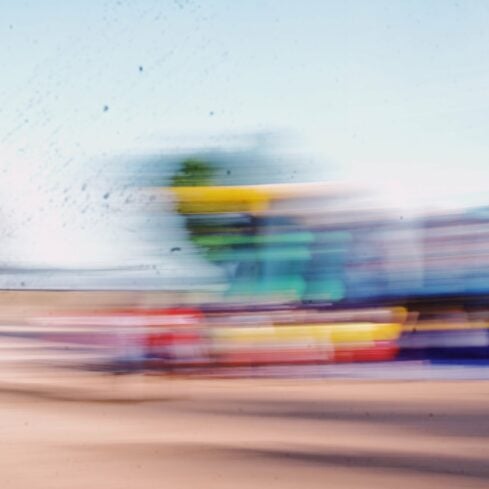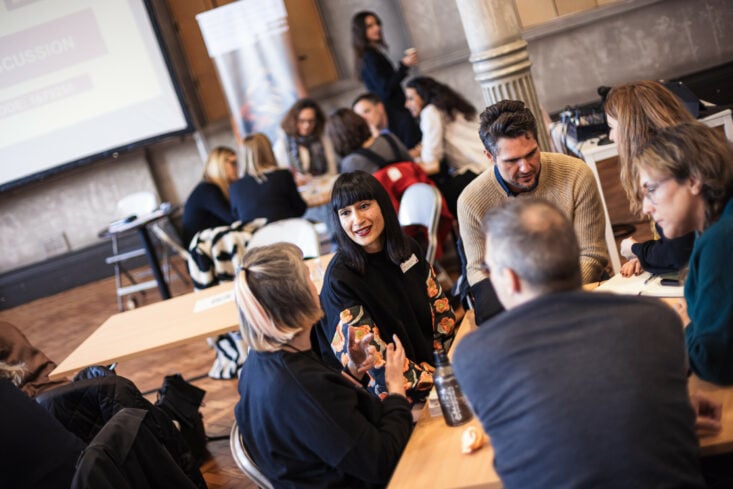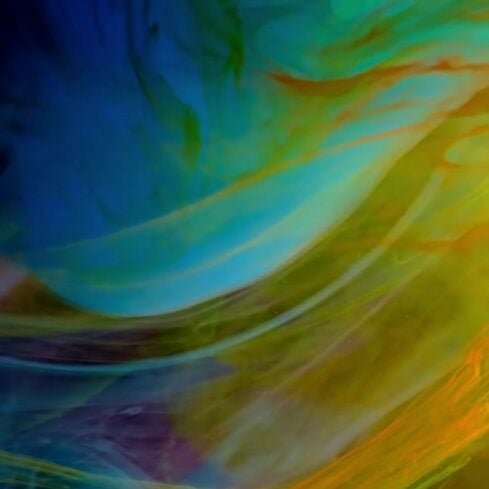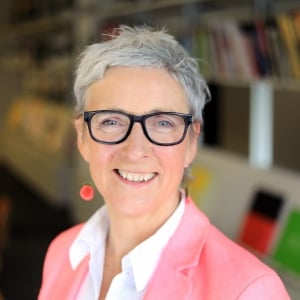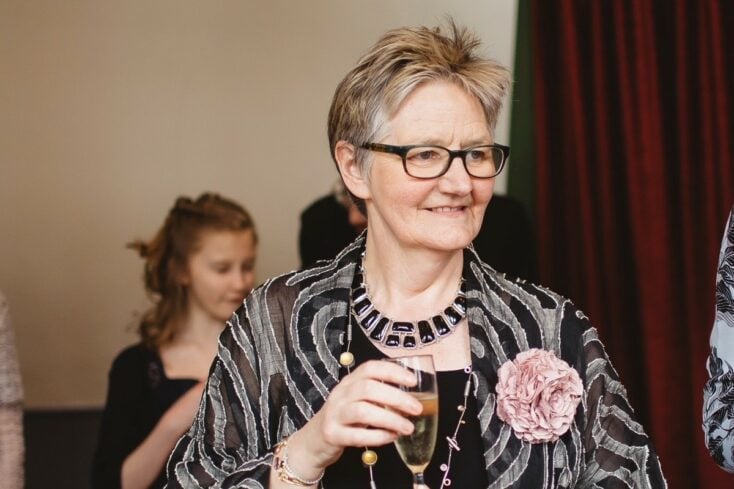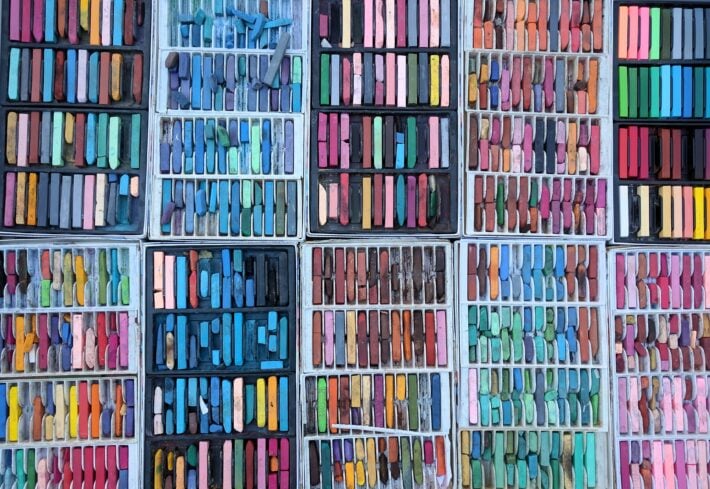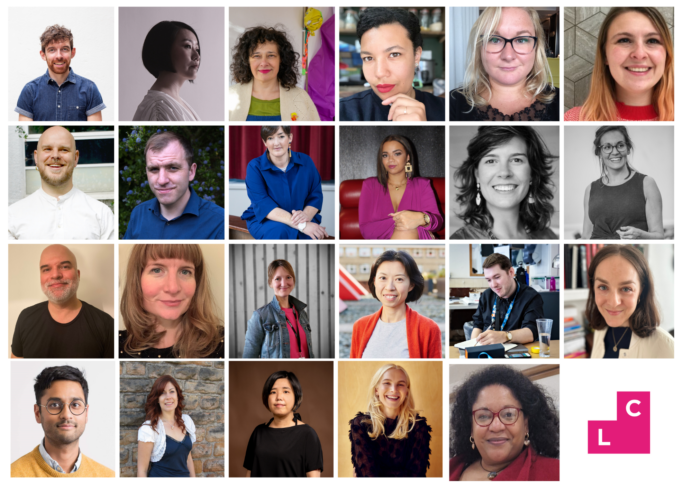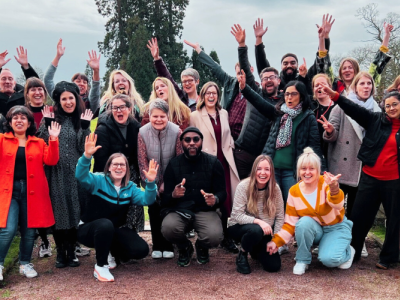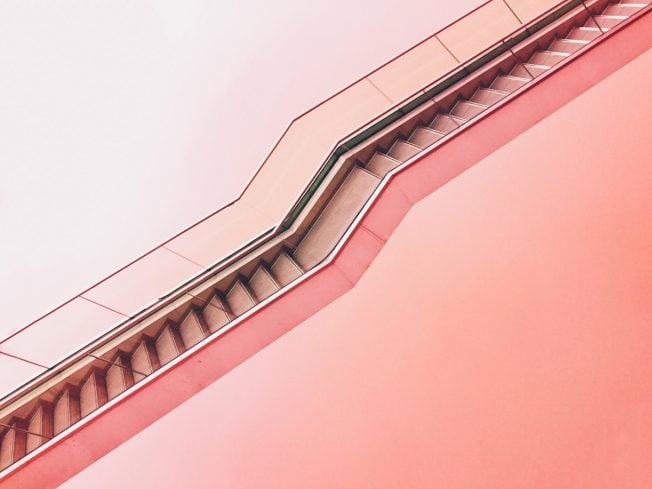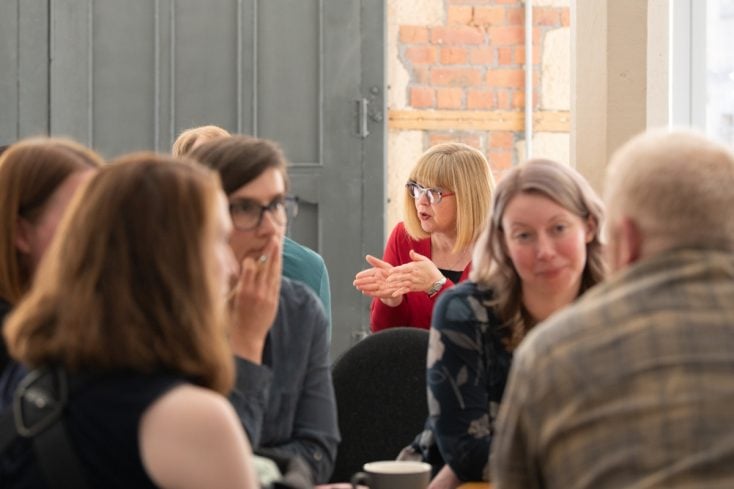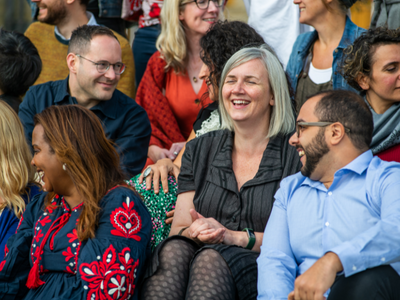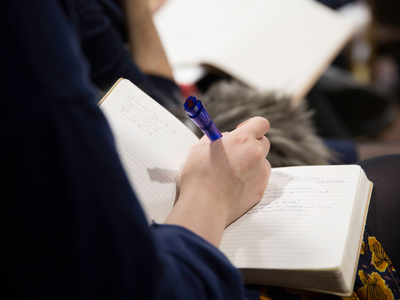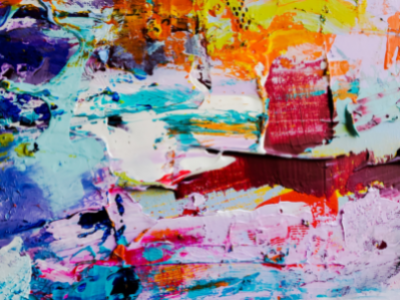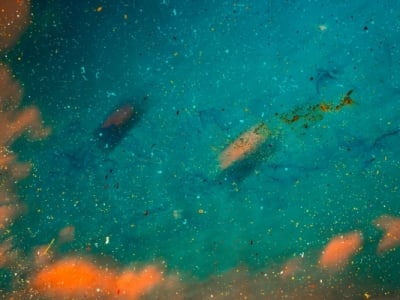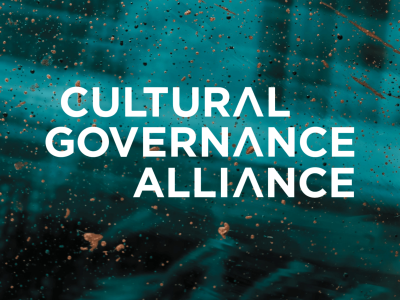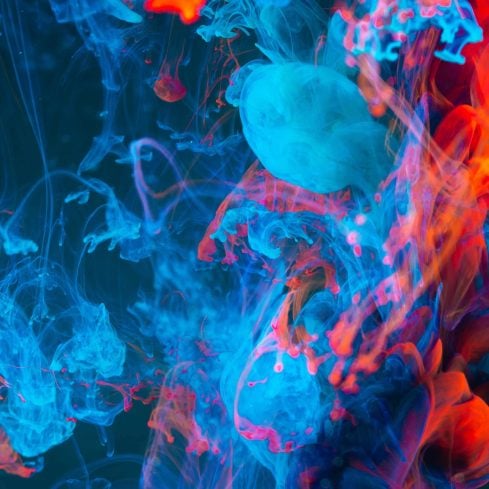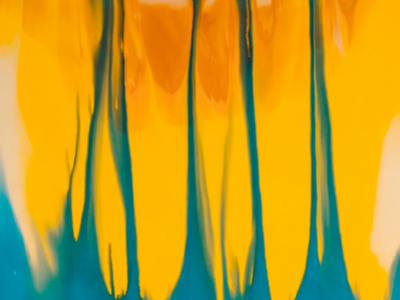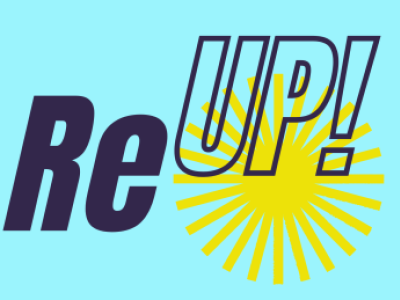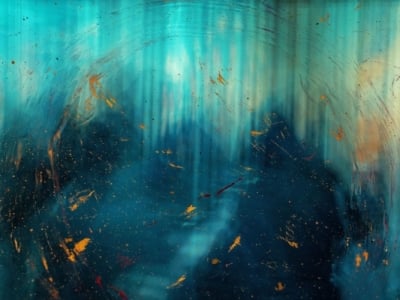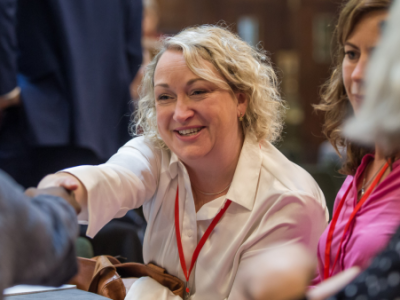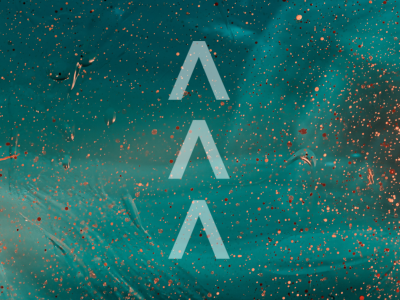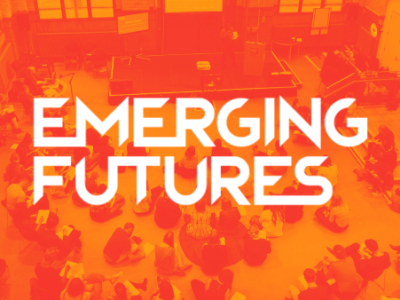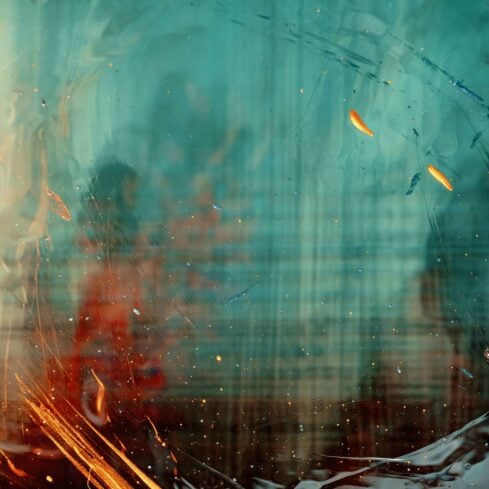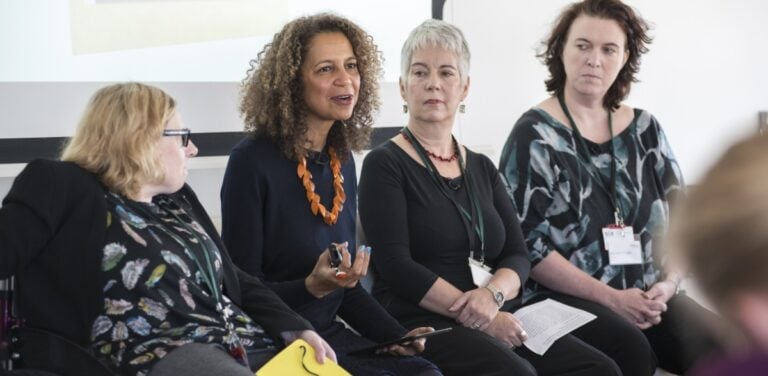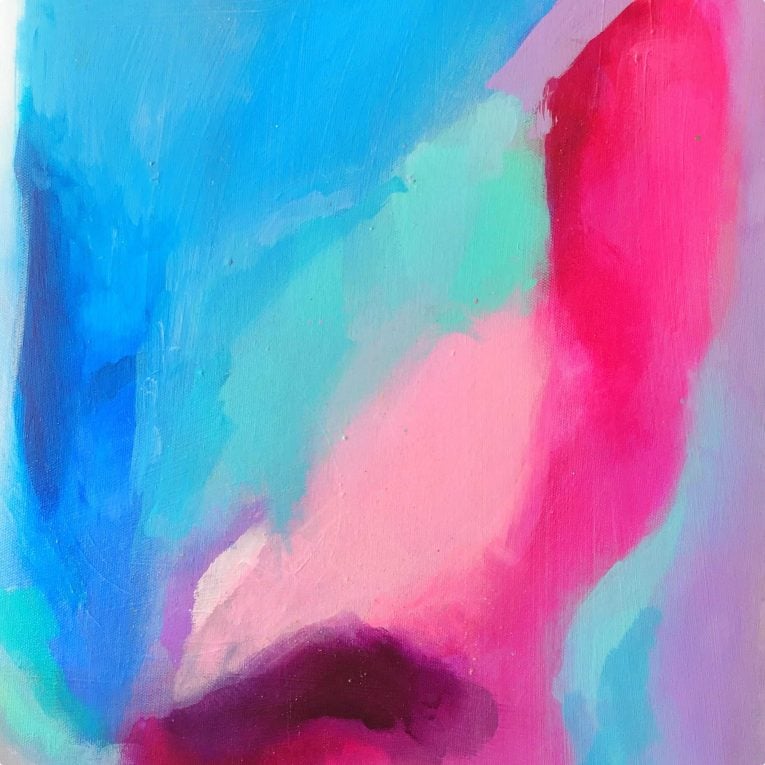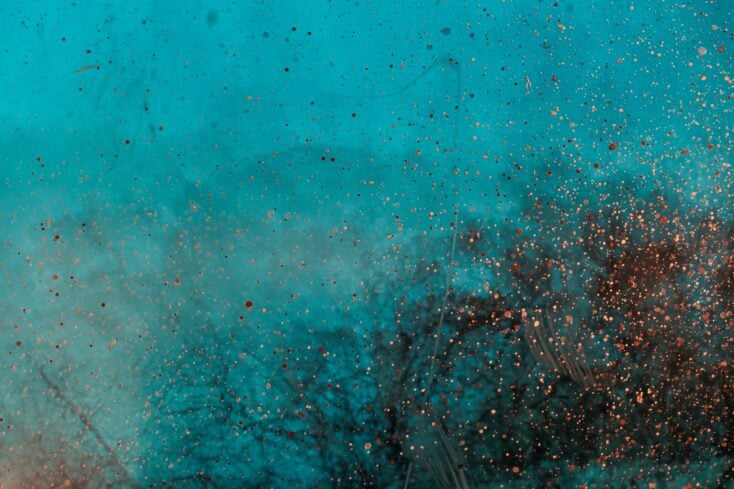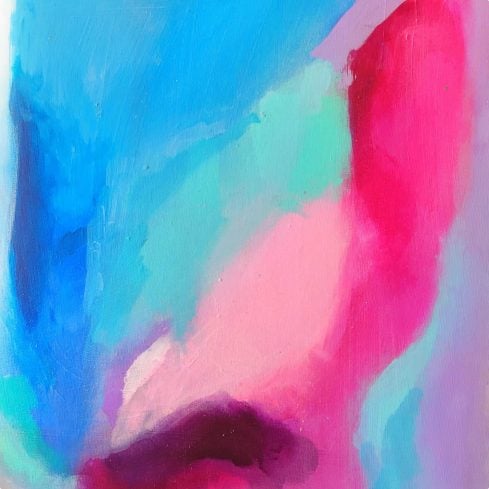The arts offered me an environment where I felt safe
‘In LGBTQ+ month, I’m grateful for the changes that have allowed me to express myself, to live a viable visible life, to lead with my whole (always evolving) identity’ Clore Fellow Fearghus Ó Conchúir talks about his work with Micro Rainbow and how dance provided a safe space to explore new possibilities.
1993 was the year when I fell in love with the man who is now my husband, the year when I started my dance training in London. It was the also year when Ireland, where I’m from, decriminalised (male) homosexuality, replacing legislation that the new state inherited from Britain, its colonial predecessor. Homosexuality wasn’t illegal in the UK in 1993 as I began a new life for myself through love and dance. However, the homophobic legacy of the Section 28 legislation and of the AIDS crisis impinged on our lives psychologically, emotionally and practically.
When I write “our’, I mean an “us” in the widest sense. Homophobia curtails the life expression of everyone, whether you identify as straight or as someone under the LGBTQ+ umbrella. But the arts in general and dance more specifically offered me an environment where I felt safe to explore new possibilities. And over the years I’ve used choreography as a way to share that exploration with others, inviting them to recognise their own right to be visible, to create nourishing structures of support and allyship that aren’t necessarily the ones inherited from our birth cultures.
Thanks to my Clore Fellowship, I’ve recognised this artistic practice as leadership. Sometimes it’s required a practice of visibility, a willingness to be seen in contexts where my life experience is not the most familiar, knowing that sometimes it’s easier to perform LGBTQ+ visibility in a dance film broadcast on national TV than it is to refer to my husband in a conversation with a taxi driver. And sometimes something quieter than visibility is necessary.
With Micro Rainbow, I’m involved in a programme that works through dance to support community-formation and individual well-being in groups of LGBT refugees and asylum seekers. The risk that those participants will be sent back to life-threateningly homophobic countries means that our work needs to be protected from general exposure, while within that protected environment, the opportunity to express one’s identity freely is paramount. In LGBTQ+ month, I’m grateful for the changes that have allowed me to express myself, to live a viable visible life, to lead with my whole (always evolving) identity; but I don’t take for granted the impact of the legacies of state and cultural homophobia that are imprinted in me and in the world I’m living in.
Legislative change doesn’t erase that legacy. It remains part of the material I have to dance with in myself and others. Recognising that reality is a necessary part of building worlds in which all of us can flourish.
